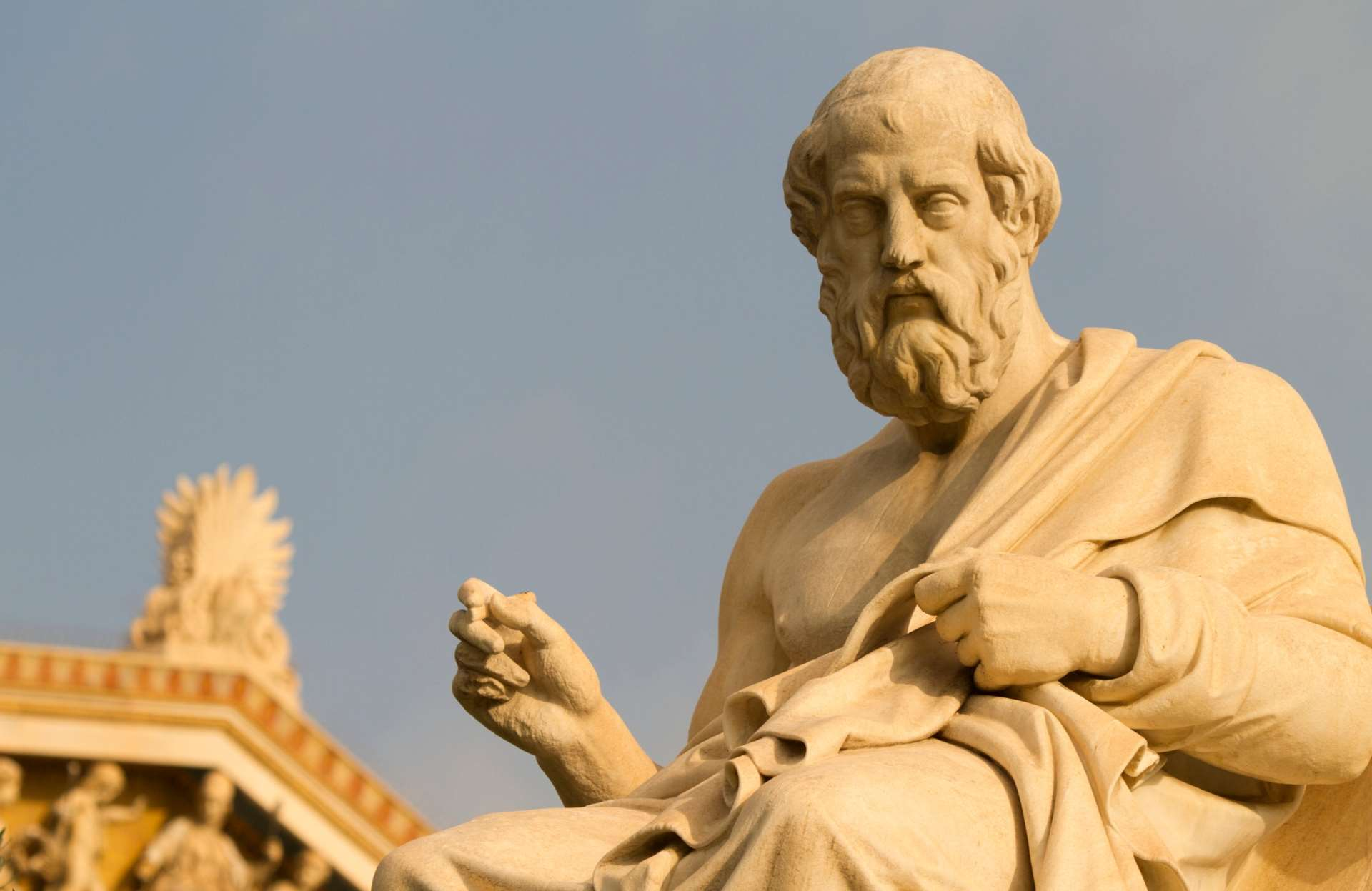Plato’s ideas continue to shape political theory, philosophy, and even scientific thinking to this day. Here, we explore 10 of his most impactful quotes—and the deeper meaning behind each one.
Plato (427–347 BCE), a student of Socrates and teacher of Aristotle, is one of the greatest thinkers of the ancient world. His writings—particularly his dialogues—laid the foundation for key concepts in philosophy, politics, ethics, and epistemology.
While some consider him a controversial figure (his ideas indirectly contributed to the spread of Christianity—helped along by none other than Apostle Paul), Plato remains one of the few intellectuals who profoundly influenced the course of Western civilization.
So, what can Plato teach us today? Plenty. Let’s dive into ten of his most powerful and thought-provoking quotes.
1. “The beginning is the most important part of the work.”
Arguably his most famous and widely shared quote, this line emphasizes the importance of how we start any endeavor. Plato believed that a solid beginning—with careful planning and preparation—is the key to success. Whether it's launching a project, beginning a career, or building a society, a strong foundation makes all the difference.
2. “Knowledge is power.”
Though this phrase is commonly attributed to Francis Bacon, its roots go back to Plato. In The Republic, Plato argues that true authority doesn’t come from wealth or force—it comes from wisdom. For him, philosophers—those who understand justice and truth—are the ones best suited to lead.
3. “You can discover more about a person in an hour of play than in a year of conversation.”
To Plato, play reveals the soul. People show their true selves when they let go of social expectations and simply play. It’s in these unguarded moments—far from polite conversation—that we see someone’s character clearly. (Except maybe some Greek footballers—those are a different story.)
4. “Music is a moral law of the universe.”
Plato didn’t see music as just entertainment—it was a tool for shaping the soul. In The Republic, he claimed that the right kind of music could guide society toward harmony and virtue, while the wrong kind could corrupt its citizens. For him, music was a powerful force for good—or for chaos.
5. “Justice is the soul’s virtue.”
In his political philosophy, justice isn’t just a legal matter—it’s an inner state of balance. Plato divided the soul into three parts: reason, spirit (will/emotion), and appetite (desire). When these parts work together in harmony, both the person—and by extension, society—is just.
6. “Wise men speak because they have something to say; fools because they have to say something.”
Plato had little patience for empty talk. For him, meaningful communication was about expressing truth and understanding—not just filling silence. This quote feels especially relevant today, in an age of endless content and non-stop chatter.
7. “The soul is immortal.”
In Phaedo, Plato explores the idea that the soul exists before birth and lives on after death. He believed in the eternal nature of the soul, and that after death, it returns to the realm of the Forms—where true knowledge resides. This concept has deeply influenced both Western metaphysics and religious thought.
8. “The good for man is to become like God.”
A concept Apostle Paul found quite convenient. But for Plato, this wasn’t about worship—it was about ethical transformation. Becoming “godlike” meant striving for wisdom, justice, and moral excellence. It was a philosophical path toward human perfection, not divine favor.
9. “The price good men pay for indifference to politics is to be ruled by lesser men.”
If this one hits too close to home—especially in countries where political apathy is high—it’s because it’s timeless. Plato warned that when capable citizens refuse to engage in politics, leadership falls to those less worthy. In his view, governance belongs to the wise, not the loudest or most popular. Let that one sink in.
10. “Education is the kindling of a flame, not the filling of a vessel.”
A line the Greek education system might want to revisit. Plato saw learning not as rote memorization but as awakening the mind. Real education lights a fire within—it teaches us to question, explore, and think critically. It’s not about cramming facts, but sparking curiosity.
Whether you agree with all his ideas or not, one thing’s clear: Plato’s words still resonate. His reflections on politics, justice, the soul, and learning offer insight not just into ancient thought—but into the human condition itself.
Stay connected with Esquire on Facebook, Twitter, and Instagram for more inspiring content.









